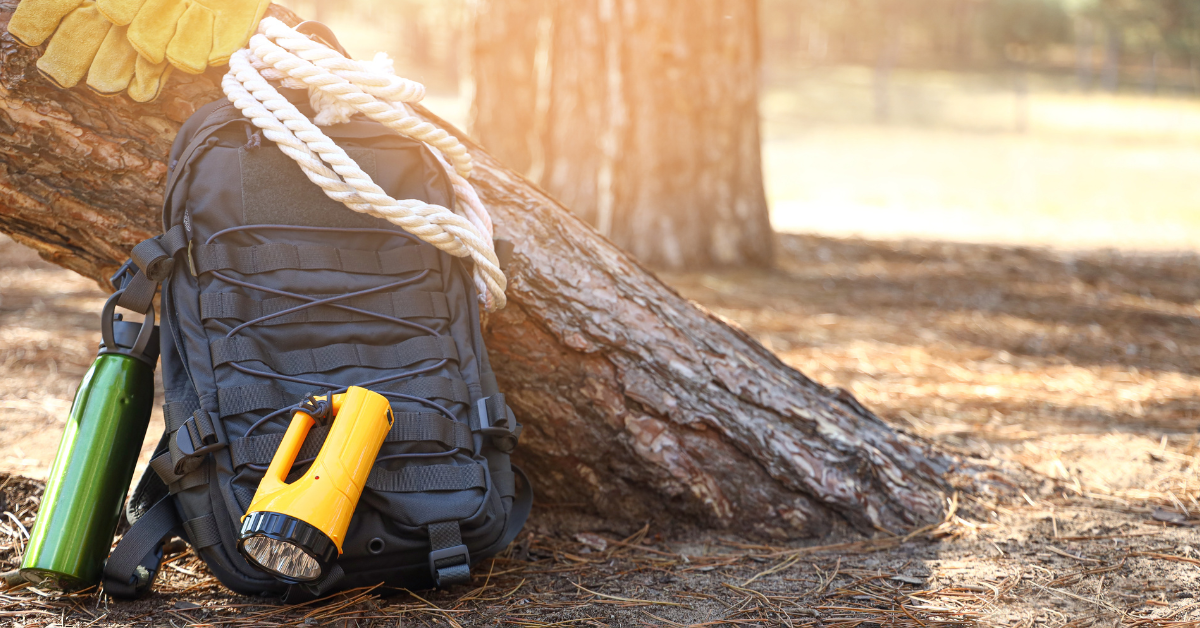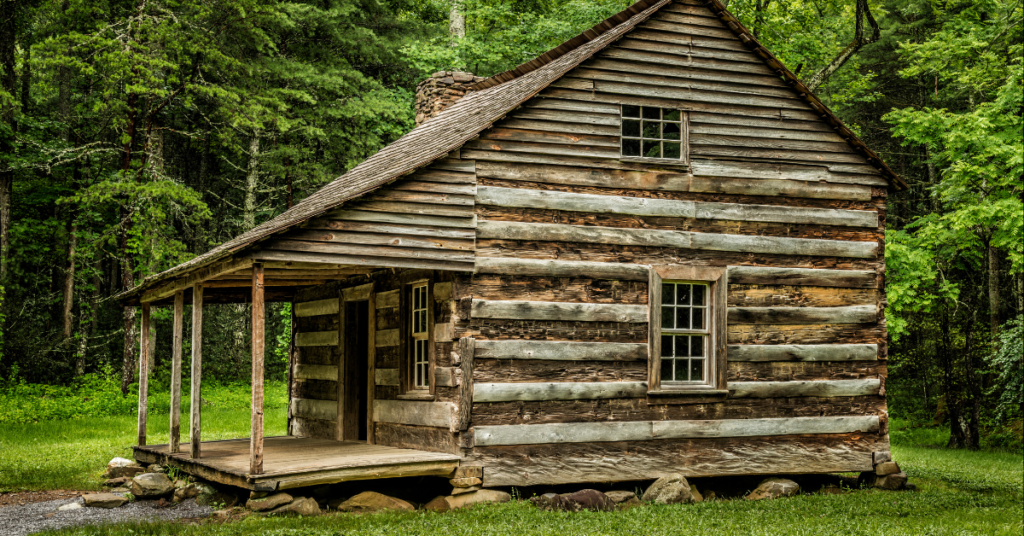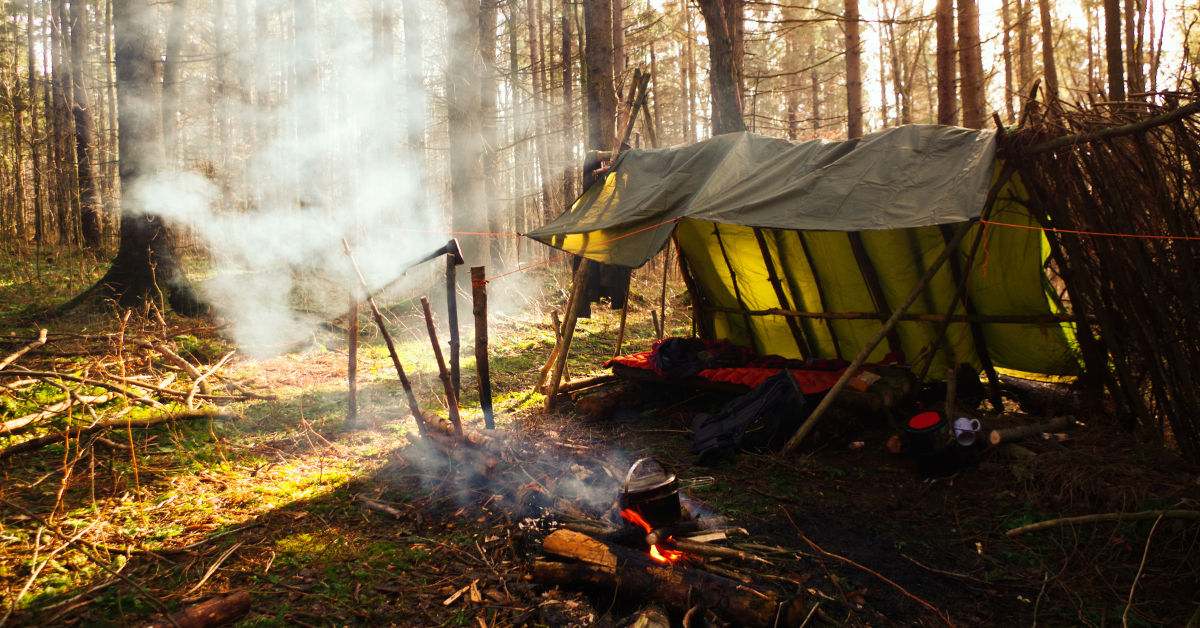Understanding Preppers and Survivalists
Being prepared for emergencies and unforeseen events has become increasingly important in today’s uncertain world. Two terms often used in the context of preparedness are “prepper” and “survivalist.” While these terms may appear similar, they have distinct meanings, and understanding their differences can help individuals choose the path that aligns with their preparedness goals.
A prepper actively prepares and plans for disruptions in daily life, such as natural disasters, economic crises, or societal unrest. Preppers work towards achieving self-sufficiency by stockpiling essential supplies, learning survival skills, and developing contingency plans in emergencies. They prioritize preparedness as a way to minimize the impact of potential disruptions on their lives and ensure the well-being of themselves and their families.
On the other hand, a survivalist takes preparedness to the next level, focusing on acquiring extensive survival skills and knowledge to survive in extreme conditions or prolonged crises. Survivalists often prioritize self-reliance and self-defense techniques, including hunting, foraging, shelter-building, and first aid skills. They may also advocate for living off the grid or in remote areas, away from urban centers.
Why become Prepper or Survivalist

In an increasingly unpredictable world, there are several reasons why individuals choose to become preppers or survivalists:
Self-Sufficiency: By developing self-sufficiency skills and stockpiling essential supplies, preppers, and survivalists aim to reduce their reliance on external resources during emergencies or disruptions.
Safety and Security: Preparedness measures can enhance personal safety and security during times of crisis. Preppers and survivalists prioritize protecting themselves and their loved ones from potential threats.
Peace of Mind: A well-thought-out plan and necessary supplies can provide peace of mind and reduce anxiety about potential emergencies. Being prepared allows individuals to face disruptions with confidence and preparedness.
Empowerment: Learning survival skills and becoming self-reliant can empower individuals to be more resilient in adversity. It provides a sense of control over one’s circumstances.
Adaptability: Preppers and survivalists value adapting to changing situations and environments. They often embrace a resourceful and adaptable mindset to overcome challenges.
Ultimately, whether to be a prepper or a survivalist depends on individual goals and comfort levels with various preparedness measures. Both approaches share the goal of being prepared for potential emergencies, but the level of emphasis on self-sufficiency and survival skills may vary.
Now that we better understand preppers and survivalists, let’s explore some key factors that differentiate them in the next section.
Being a Prepper

Simple hut to live off the grid
Prepping and its Goals
Prepping refers to the preparedness movement, a lifestyle in which individuals and families actively prepare for emergencies and potential disasters. The goal of prepping is to ensure self-sufficiency and the ability to survive and thrive in various challenging situations, such as natural disasters, economic crises, or social unrest. Preppers prioritize being proactive rather than reactive, taking steps to prepare themselves and their families for a wide range of potential scenarios.
Everyday Prepping Activities and Strategies
Preppers employ various activities and strategies to achieve self-sufficiency and readiness for different situations. Some common prepping activities and strategies include:
- Stockpiling: Preppers often stockpile essential supplies to sustain themselves and their families during times of scarcity or disruption. These supplies may include food, water, medical necessities, hygiene products, and other essential items.
- Emergency planning: Preppers create plans that cover a wide range of scenarios, including evacuation procedures, communication plans, and meeting points in case of separation. They also prioritize building strong connections within their community to establish a support network.
- Off-grid living: Some preppers live off the grid, generating their own power, sourcing water, and growing their own food. This lifestyle provides a sense of self-reliance and reduces dependence on external resources.
- Self-defense: Preppers often prioritize self-defense and take steps to acquire the necessary knowledge and training to protect themselves and their families. This may include learning martial arts, acquiring firearms and other weapons, and securing their homes.
- First aid and medical training: Preppers recognize the importance of first aid and medical skills in emergencies, and many pursue training and education in these areas. They often stockpile medical supplies and learn how to handle injuries or illnesses in the absence of professional medical help.
- Financial preparedness: Preppers understand the potential impact of economic crises and work towards financial preparedness. This may involve reducing debt, building savings, investing in tangible assets, and acquiring valuable skills that can be utilized in various scenarios.
Prepping is a proactive approach to preparedness that can provide individuals and families with a sense of security and peace of mind. Preppers believe they can better protect themselves and their loved ones in times of uncertainty or crisis by taking steps to be self-sufficient and ready for various scenarios.
Being a Survivalist

Example for wilderness survival
Survivalism and its Objectives
Survivalism is a lifestyle and mindset that focuses on preparing for potential disasters or emergencies. Survivalists aim to be self-reliant and able to survive in various challenging situations. Here are some key objectives of survivalism:
- Self-sufficiency: Survivalists strive to be self-sufficient and reduce dependence on external resources such as government assistance or commercial supply chains.
- Emergency preparedness: Survivalists prepare for various emergencies, such as natural disasters, social unrest, or economic downturns. They stockpile essential supplies like food, water, medical kits, and tools to ensure their survival during such events.
- Security and protection: Survivalists prioritize personal and family security, often acquiring firearms and learning self-defense skills. They may also create safe retreats or bug-out locations to escape in case of a catastrophic event.
- Sustainability: Many survivalists adopt sustainable practices such as growing their own food, utilizing alternative energy sources, and practicing environmentally friendly habits. They aim to reduce their ecological footprint and promote long-term resilience.
Survivalists believe that being prepared and acquiring the necessary skills can increase their chances of survival in unpredictable and challenging situations.
Survivalist Skills and Techniques
Survivalists acquire a wide range of skills and techniques to enhance their self-reliance and survival abilities. Here are a few common skills practiced by survivalists:
- Wilderness survival: Survivalists learn how to survive in the wilderness by acquiring skills such as building shelters, finding and purifying water sources, foraging for food, and starting fires without matches.
- First aid and medical training: Knowing basic first aid techniques and having medical knowledge is crucial in emergencies where professional help is unavailable.
- Navigation and orienteering: Survivalists learn how to navigate using compasses, maps, and natural landmarks to ensure they can find their way to safety.
- Hunting, fishing, and foraging: Acquiring knowledge of hunting, fishing, and foraging allows survivalists to secure additional food sources in the wild.
- Self-defense and firearms training: Survivalists often train in various self-defense techniques and firearms handling to protect themselves and their loved ones in potentially dangerous situations.
- Basic mechanical and engineering skills: Knowing basic mechanics and engineering skills help survivalists repair equipment, create improvised tools, and solve technical problems in resource-limited environments.
These skills and techniques empower survivalists to navigate uncertain and challenging situations and increase their chances of survival.
Whether you identify as a prepper or a survivalist, the core values of preparedness and self-reliance are shared among both groups. Both preppers and survivalists aim to be ready to face adversity and prioritize the safety and well-being of themselves and their loved ones. Each group may have its own unique approach and focus areas, but ultimately, the goal is the same – to be prepared and resilient in uncertain times.
Stereotypes and Misconceptions
Challenging Stereotypes of Preppers and Survivalists
Regarding Preppers and Survivalists, many stereotypes and misconceptions can cloud people’s understanding of these individuals. It’s important to challenge these stereotypes and gain a more accurate view of who they are and what they do. Here are a few common stereotypes and their counterarguments:
Preppers are paranoid
One common stereotype is that Preppers are paranoid individuals who are constantly expecting the worst. While it’s true that Preppers prepare for emergencies and disasters, it doesn’t mean that they are constantly living in fear. Preppers believe in being prepared for any situation and taking responsibility for their well-being.
Survivalists are extremists
Another misconception is that Survivalists are extremists who isolate themselves from society and reject modern conveniences entirely. While some individuals may take their preparations to an extreme, most Survivalists value self-reliance and have the skills and knowledge to survive in challenging situations.
Preppers and Survivalists are anti-social
Many people assume that Preppers and Survivalists are anti-social individuals who prefer to isolate themselves from society. However, this is only sometimes true. While they may prioritize self-reliance, many Preppers and Survivalists actively engage with their communities and seek to help others during times of crisis.
Dispelling Common Misconceptions About Their Motivations
It’s also important to address common misconceptions about the motivations of Preppers and Survivalists. By dispelling these misconceptions, we can gain a clearer understanding of their intentions and goals:
They are waiting for the end of the world
One misconception is that Preppers and Survivalists are preparing for the end of the world or a doomsday scenario. While some individuals may have concerns about global catastrophes, the majority of Preppers and Survivalists focus on more realistic threats such as natural disasters, economic instability, or personal emergencies.
They are motivated by fear
Another misconception is that Preppers and Survivalists are motivated solely by fear. While preparedness does involve recognizing potential risks and vulnerabilities, it is also driven by a desire for self-sufficiency, security, and the ability to protect and provide for oneself and loved ones in times of need.
They are hoarders
Some people mistakenly believe that Preppers and Survivalists stockpile excessive supplies and resources. In reality, responsible Preppers and Survivalists focus on building a well-rounded and sustainable supply of essential items to ensure their long-term survival and the well-being of their families. [More about if prepper are hoarders: here]
It’s essential to approach the topic of Preppers and Survivalists with an open mind, challenging preconceived notions and seeking accurate information. By doing so, we can better understand their motivations, preparations, and the importance of being self-reliant in uncertain times.
Preparedness in Real-World Scenarios
Instances Where Prepping Or Survivalism Has Proven Beneficial
There have been numerous instances where prepping and survivalism have proven beneficial in real-world scenarios. Some notable examples include:
- Natural Disasters: Preppers and survivalists are well-prepared to handle natural disasters such as hurricanes, earthquakes, and floods. They have stored supplies, food, and water, as well as knowledge of first aid and survival skills to navigate these situations.
- Power Outages: When the power grid fails, preppers and survivalists are equipped with alternative power sources, such as generators or solar panels. They also have stockpiles of non-perishable food and water to sustain them until the power is restored.
- Economic Crises: During economic crises or recessions, preppers and survivalists often have a financial backup plan in place. They may have savings, investments in precious metals, or other assets to help them overcome economic instability.
- Pandemics: The recent COVID-19 pandemic highlighted the importance of being prepared. Preppers and survivalists who had stockpiled essential supplies such as masks, sanitizers, and non-perishable food were able to navigate through the crisis more smoothly.
Lessons Learned From Actual Emergencies Or Disasters
Actual emergencies and disasters have provided valuable lessons for preppers and survivalists. Some important takeaways include:
Importance of Community: In times of crisis, fostering a sense of community and helping one another is crucial. Building relationships with like-minded individuals can provide support, resources, and shared knowledge.
Continuous Learning and Skill Development: Preppers and survivalists understand the importance of ongoing learning and skill development. They constantly update their knowledge about survival techniques, first aid, self-defense, and other essential skills to better prepare for emergencies.
Adaptability and Flexibility: Real-world emergencies often require adapting to changing situations and being flexible in approaches. Preppers and survivalists learn the importance of thinking on their feet and making quick decisions based on their resources and circumstances.
Regular Assessment and Stock Rotation: It is crucial to assess and update preparedness plans regularly. Stock rotation ensures that supplies are not expired and remain viable when needed.
Mental and Emotional Resilience: Building mental and emotional resilience is as important as physical preparedness. Preppers and survivalists understand the importance of maintaining a positive mindset and managing stress during emergencies.
Last Words
In conclusion, instances where prepping and survivalism have proven beneficial, and the lessons learned from actual emergencies or disasters highlight the value of being prepared. “Prepper vs survivalist”, they share the same goal – preparedness and self-sufficiency, but their approach differs. Preppers focus on planning for disruptions to daily life and stockpiling essentials, seeking to minimize the impact of emergencies. On the other hand, survivalists train for self-reliance in extreme conditions, often distancing themselves from societal infrastructures. Understanding these differences can guide your preparedness strategies and help you decide which path aligns with your beliefs and circumstances. Regardless of the approach, the central principle remains the same: Be prepared.
